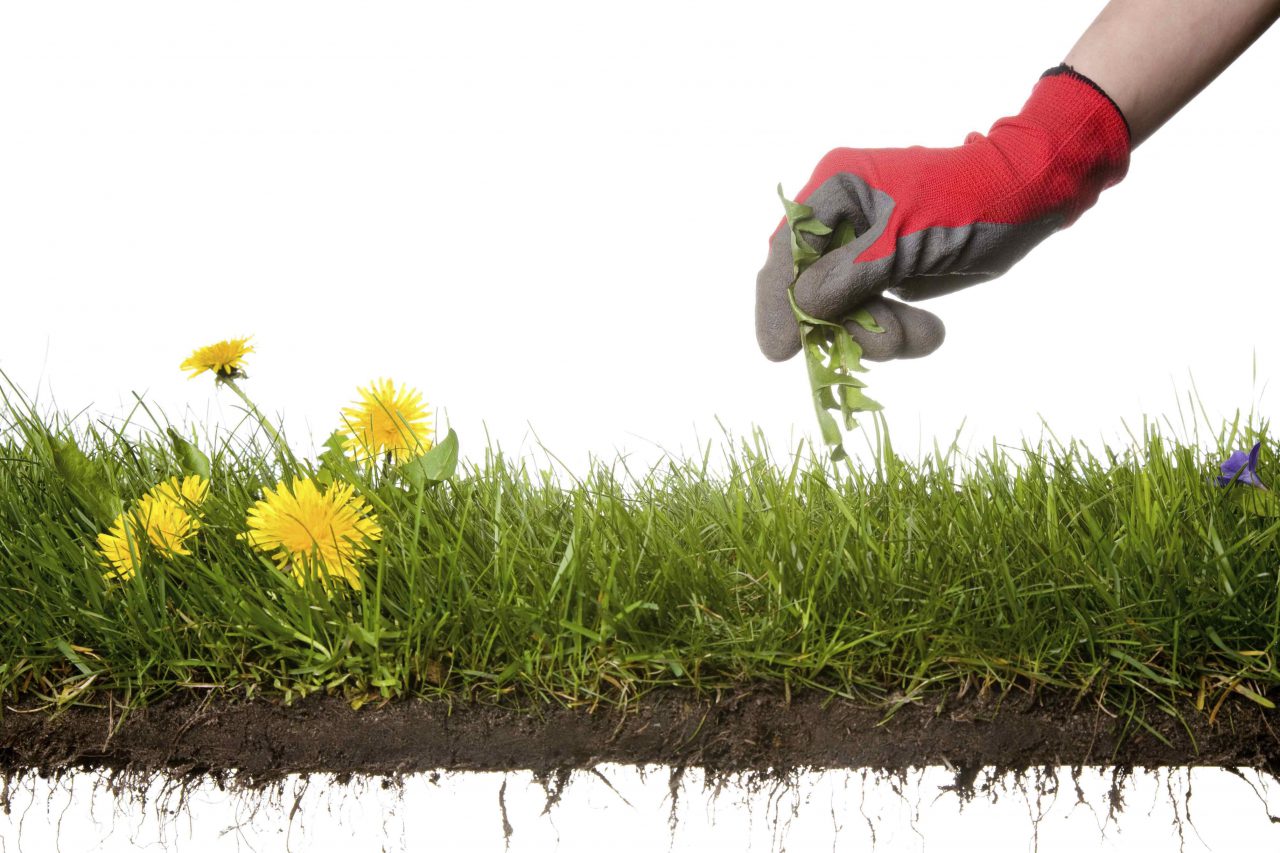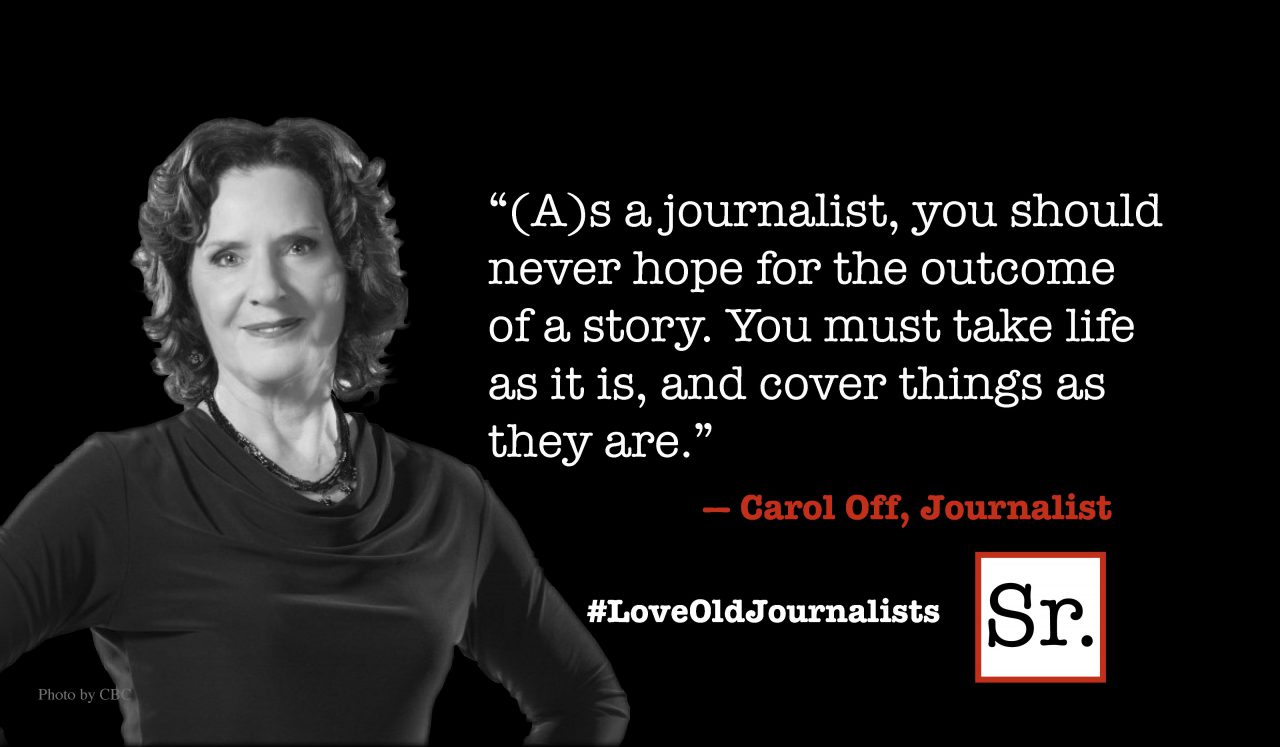There is an advertisement on television that makes me want to scream. It features a pristine lawn bordered by flowers and shrubs, leaving the viewer to the conclusion that all one needs for weed control is a good application of glyphosate, the most popular weed killer on the market today. My response is this: Think before you act.
The more I garden the more I realize that gardens are unnatural — albeit desirable — creations. Try as we might to be in tune with nature, in reality we are working against her. Nature fights us by sending us droughts and floods, extreme heat and cold — and weeds. Sooner or later we come to the realization that to garden is to weed.
Now what is a weed? It is surprisingly hard to define although we recognize weeds when we see them. The only definition to pass muster defines weed as “a plant in the wrong place.” Look for a definition in the dictionary, and you find will these adjectives: nonnative, wild, competitive, and vigorous growth habit, but none describes a weed adequately. A weed is simply an unwanted plant.
Seeds are everywhere, which means we should avoid tilling the soil unless it’s absolutely unavoidable. Every shovelful exposes seeds to the light they need if they are to sprout. Simply put, tilling the soil produces a huge number of weeds. The reason mulch is such an effective weed suppressor is that it shields these seeds from the sun. But many seeds remain viable in the soil for as long as 20 years.
We gardeners talk ourselves silly about our soil, its composition, and its texture. We prattle endlessly about the merits of compost and mulch because they are instrumental in building up the quality of the soil. However, glyphosate and its cousins, while they can give us a weed-free garden, are indiscriminate killers that contribute little to our quest for good soil.
Instead of turning to glyphosate for a weed solution, try mulching and good old-fashioned hand weeding. Allen Lacy, the former garden writer for both The New York Times and The Wall Street Journal, divides weeders into two groups: the vigilantes and the procrastinators. The procrastinators wait until there are a lot of weeds before committing to an all-out assault, while the vigilantes pounce on a weed as soon as they spot it.
I, a vigilante, weed almost daily during the gardening season—I cannot help it. I must stop and pull out that weed. Its presence nags at me. Nothing galvanizes me to action more quickly than that dainty little chickweed flower — so delicate it’s almost invisible — because I know that innocent flower will produce seeds for next year’s crop.
As a vigilante, I bend and stoop but rarely kneel because I’m constantly moving on. Procrastinators use those small stools and mats because they have more weeds in one area than I do. I do not allow weeds to grow so profuse that I can sit and stay for awhile.
Typically vigilantes wear gloves while weeding, but many procrastinators do not. I cannot imagine gardening without gloves. Even the nicest soil contains toxins that can enter open cuts. For this reason it is advisable to wear gloves when weeding — and it’s equally important to keep up with tetanus shots.
Now I am not such a purist that I refuse to use glyphosate in all conditions. There are hard-to-conquer weeds, such as Glechoma hederacea, aka creeping charlie, a particularly obnoxious member of the mint family that is hard to pull out. It also is quite difficult to get rid of Rosa multiflora, an awful weed that can produce half a million to a million seeds a year. In the case of Rosa multiflora, I would cut its canes — carefully, as it's quite thorny — then apply glyphosate to the cut portions of the remaining canes.
I think it behooves us to cut back on the use of chemicals in the garden. The glyphosate advertisement advocates reaching for the glyphosate bottle as the first defense against weeds, while I favor its use only as a last resort. Assess your weed problem and ask yourself if you can pull, dig out, or smother the weeds with several layers of newspapers. If you find you cannot control a weed by these methods, then employ chemical warfare judiciously.
If weeding isn’t your thing, my advice is to find another hobby. It’s impossible to garden unless you are willing to weed. You can let nature take over, but then you won’t have a garden.









